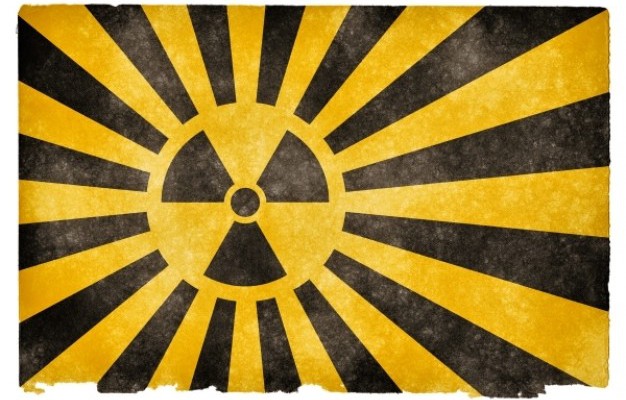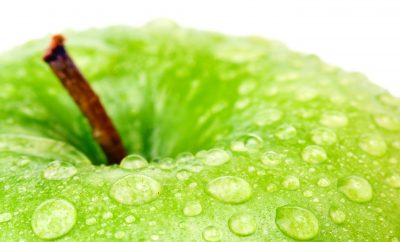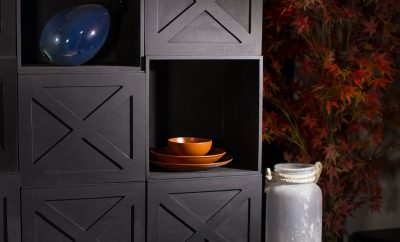 Nuclear Grunge Flag: Nicholas Raymond
Nuclear Grunge Flag: Nicholas Raymond
Lifestyle
Toxic friends: handle with care
Have you ever caught up with a friend and found yourself feeling drained and tired afterwards? Does this happen every time you see this friend? Does your friend unload their problems onto you and not give two figs about yours?
Then you, my sweet reader, have a toxic friend.
Now let me clarify, we all go through rough times when we might take more than we give in our friendships. This is not what I’m talking about.
A toxic friend always takes and never gives. They are always the victim and nothing is ever their fault. They aren’t all bad though. They make us feel special and needed. And they were there for us that one time that thing happened five years ago.
Generally, I’m a fan of detoxing. If something is not working in life, cut it out. Cut it right out! But I understand that this is difficult when it comes to friendships. In fact, they might be quite intertwined in our lives and cutting ties is not an option.
So what do we do when we realise we’re dealing with a toxic substance? After checking with my trusty OH&S manual, I found four important steps:
Label it
When we’re confronted with this friend, we need to recognise it for what it is. We need to grasp the fact that the friendship has changed (or accept that it has always been this way) and label it as something that is not healthy for you.
Wear protective gear
As stated before, ditching a toxic friend is not as easy as we would hope. But once we have labelled it, we can then protect ourselves. When we see them, alone or in a group, our newfound awareness will act as a barrier between them and us. And it’s this barrier and distance that will protect us like a hazmat suit. Because we now know what this person is doing, their manipulation and trickery don’t have the impact they once did.
Proper ventilation
Proper ventilation is required when we’re dealing with contamination. If we can’t cut ties, we can definitely create some space. We no longer have to accept the offer of a coffee with this person. We don’t need to spend an hour talking at our friend’s birthday. And it’s not our job to swoop in and save the day when they call with a problem. Be polite, be friendly, but we should make sure we have enough space to breathe and think clearly.
Store appropriately
After labelling, protecting ourselves and getting proper ventilation, we need to find a safe place to store the toxic stuff. We should take this time to re-evaluate the situation. Do we feel better around this person? Is this a permanent change in this friendship? There’s a chance this friend just needed a little reminder that we are not their punching bag and things could improve. Or this could be the new state of things.
We should bear in mind that we are obviously providing something for this toxic friend, otherwise they wouldn’t keep unloading on us. So as much as we might find them draining, we’ve been allowing them to do it. This means there’s something going on with us that needs to be addressed. But that will be a topic for another day.
Have a good think, do you have anyone who takes advantage of you? Unloads on you and doesn’t give anything in return? Maybe it’s time for your hazmat suit.
Connect with us on Facebook , Instagram and Twitter @merrygoround_au
And also follow us on Pinterest @MerryGoRoundau
Comments
Fi is a writer and editor for The Merry Go Round. She enjoys sunshine, singing in the car and viewing the glass as half full (of wine)
























0 comments